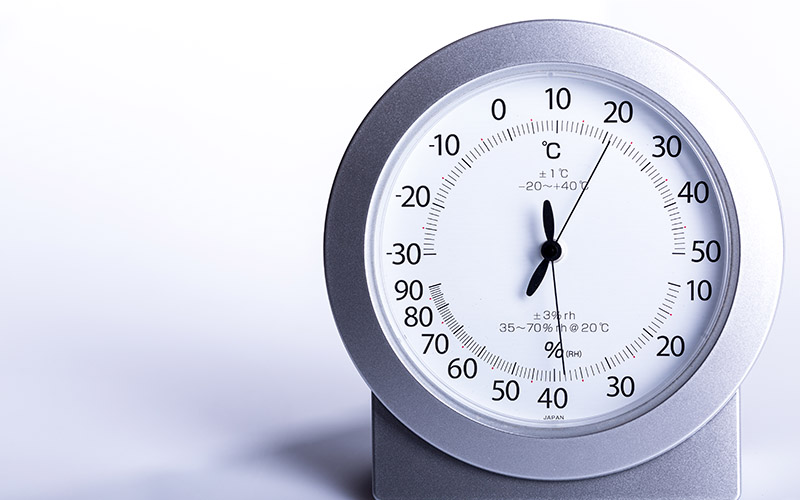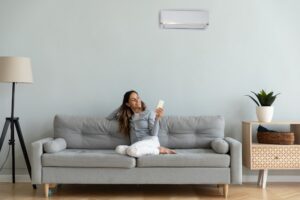In Trussville, Alabama, we’re no strangers to humidity. But if your indoor humidity isn’t between 30 and 50 percent, family members with issues such as asthma could face extra breathing difficulties.
High Humidity and Breathing Issues
Breathing air infused with too much humidity is physically more difficult for us. If you’ve ever tried to run outdoors on a particularly sticky day, you might be familiar with that feeling of not being able to catch your breath. When you add that to an issue such as asthma or bad allergies, the results can be dangerous. Your air conditioner dehumidifies every time it turns on, but if you need extra help, either a room dehumidifier or a whole-house dehumidifier is the solution.
Low Humidity and Dryness
You may not experience low humidity often in Alabama, but trust us, this issue exists for anyone who uses a furnace as a heat source. Low humidity (below 30 percent) dries out your skin, irritates your eyes, and makes the back of your throat scratchy. The human body is mostly made of water, so when we humans try to live in an environment that’s too dry, we feel sick. Since low humidity doesn’t stay around for long in Alabama, use a room humidifier to resolve temporary problems.
High Humidity and IAQ Problems
If you’ve lived in Alabama for long, you’ve probably tangled with a mold or mildew issue at least once in your life. Our humid state produces more mold and mildew than dryer northern states, because mold and mildew love damp conditions. The right air filter plus a UV coil light in your HVAC system will help neutralize the spores.
Some smart thermostats measure indoor humidity levels, and a One Source Heating, Cooling & Electrical technician will help you find the perfect one. We know how to handle humidity issues by employing great HVAC solutions, so let us help you with any IAQ issues you’re experiencing due to Alabama’s humidity. Call us today at (205) 509-1929.
Image provided by Shutterstock




